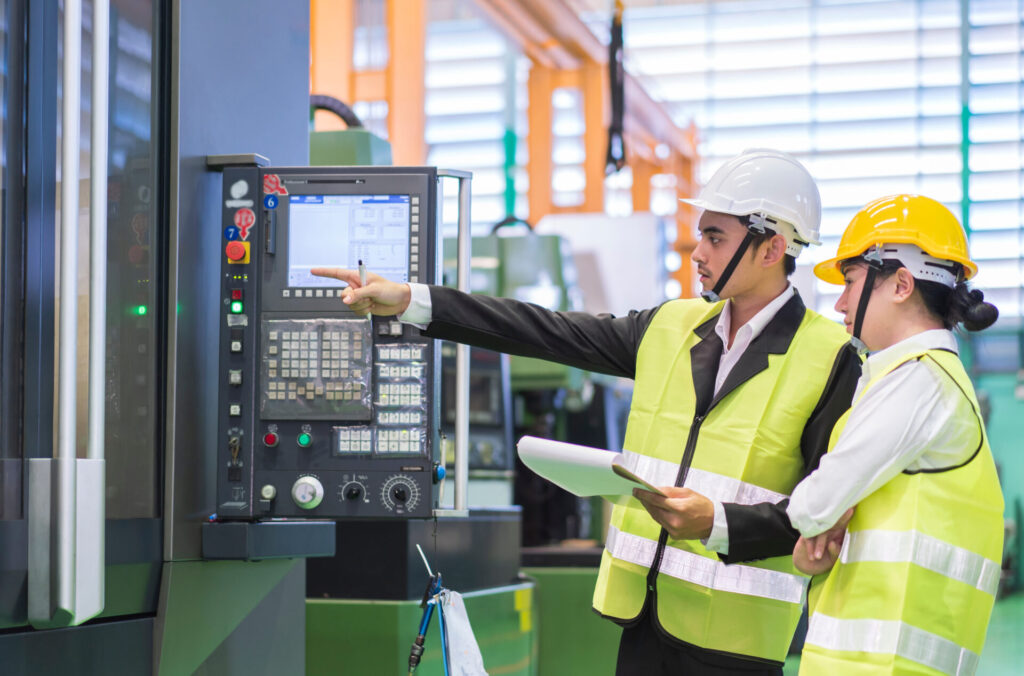The Convergence of IoT and AI in Modern Plastics Automation

Understanding IoT and Its Role in Automation
The Internet of Things (IoT) refers to the network of physical devices, vehicles, and other items embedded with sensors, software, and connectivity, enabling these objects to connect and exchange data. In plastics automation, IoT devices can monitor and optimize manufacturing processes, reduce downtime, and increase production efficiency.
The Impact of AI on Plastics Manufacturing
Artificial Intelligence (AI) in plastics automation involves using computer systems to perform tasks that typically require human intelligence. This includes decision-making, visual perception, and speech recognition. AI enables automated systems to learn from experience, adjust to new inputs, and perform human-like tasks with greater accuracy and efficiency.
Innovative Applications of IoT and AI in Plastics Automation
Enhanced Quality Control
With IoT sensors and AI algorithms, plastics manufacturers can achieve real-time monitoring and analysis of production, leading to higher quality products with fewer defects.
Predictive Maintenance
AI algorithms can predict equipment failures before they occur, while IoT enables timely alerts and automated scheduling of maintenance tasks, minimizing downtime and extending equipment life.
The Future of IoT and AI in Plastics Automation
Smart Factories and Industry 4.0
As we move towards Industry 4.0, the integration of IoT and AI will create smart factories with highly efficient, automated, and interconnected production lines.
Challenges and Opportunities
While integrating IoT and AI offers immense potential, it also presents challenges such as data security, skill requirements, and initial investment costs. However, the opportunities for innovation, efficiency, and growth in plastics automation are significant and worth exploring.
The integration of IoT and AI in plastics automation is not just a trend; it’s the future. Embracing these technologies will be key for manufacturers looking to stay competitive in a rapidly evolving industry. As we continue to witness the rise of smart factories and advanced manufacturing techniques, the potential for growth and innovation in plastics automation is limitless.
